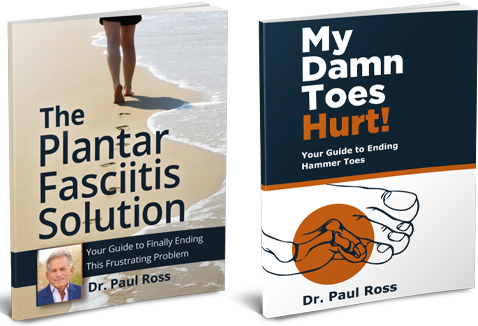 Ingrown toenails are painful, inconvenient, and can make walking difficult. If you believe you’re suffering from an ingrown toenail, there are some measures you can take at home to relieve your pain. However, there are times you may have to visit our bunion specialist in Bethesda, MD, to be evaluated, such as infection or severe, deep ingrown toenail. Read more about how you should handle ingrown toenails below.
Ingrown toenails are painful, inconvenient, and can make walking difficult. If you believe you’re suffering from an ingrown toenail, there are some measures you can take at home to relieve your pain. However, there are times you may have to visit our bunion specialist in Bethesda, MD, to be evaluated, such as infection or severe, deep ingrown toenail. Read more about how you should handle ingrown toenails below.
Symptoms of Ingrown Toenails
Ingrown toenails cause pain, redness, and discomfort. You may experience swelling, tenderness, and hardness around the affected toe as well. If your toenail becomes infected, the toenail might develop pus and bleeding. You must visit our doctor if you develop signs of infection.
Causes of Ingrown Toenails
Ingrown toenails are generally caused by shoes that don’t fit well and put pressure on the big toe, causing it to grow into the surrounding skin. Other causes include:
- Cutting your toenails too short, which encourages the nail to grow into the skin
- Bunions
- Toe injury
- Genetic factors
Treatment & Prevention
Our podiatrist may recommend foot soaks, antibiotic creams, pain relievers, and wide shoes to treat your ingrown toenail. Make sure you keep your feet dry after washing or soaking.
To prevent future problems, make sure you:
- Cut your toenail straight across. Don’t round them out.
- Avoid nail salons, especially if you have an existing ingrown toenail. Pedicurists do not know how to deal with ingrown toenails, and their tools can create infections.
- Wear well-fitting shoes with a wide toe box.
- Treat any contributing conditions, such as bunions or toenail fungus.
If you develop an infection, we may prescribe oral antibiotics or toenail removal. Contact our podiatrist if your pain worsens.
Contact Our Bunion Specialist in Bethesda, MD, Today To Learn More!
The information provided in this article is not meant to be medical advice and is for educational purposes only. If you would like to learn more about this and other podiatry-related topics, feel free to contact The Podiatry Center by clicking here or by calling 301-232-3764.

